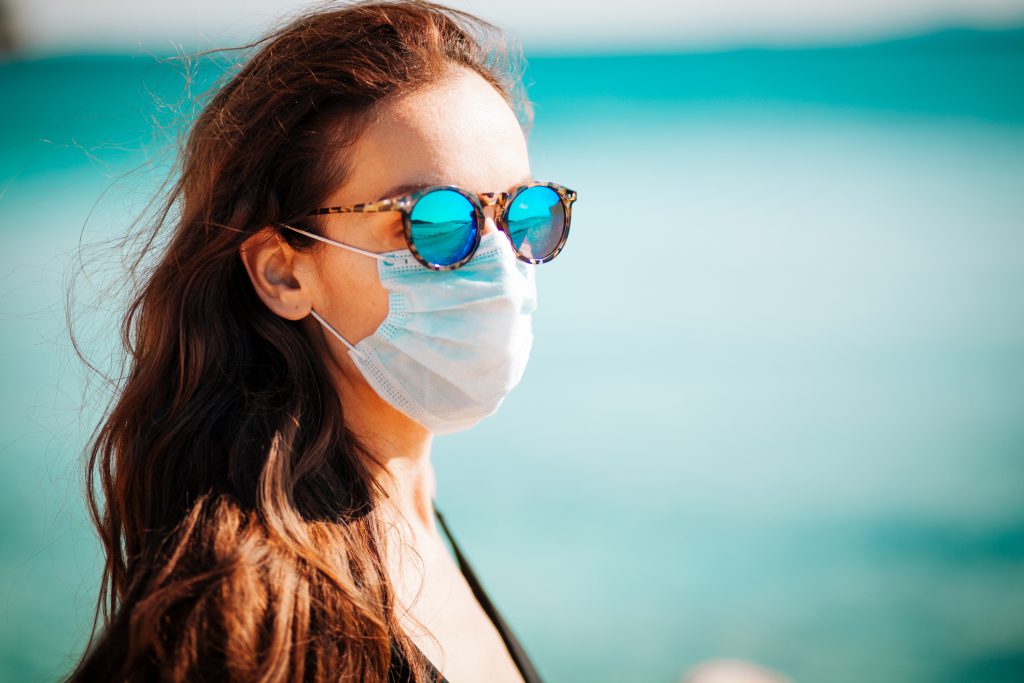
With summer quickly approaching, many are looking forward to enjoying the season and all the activities it brings. However, as we enter our second summer of the pandemic, the question remains as to whether warmer temperatures affect the spread of the COVID-19 virus.
Last year, in June, July, and August, New York state experienced a significant decrease in the number of new COVID cases. This trend led many people to believe that the virus was seasonal and followed a similar pattern to the flu where transmission rates are lower during the summer months.
Although COVID rates were lower in New York, scientific evidence does not support a link between the decline in numbers and warmer weather. While parts of the U.S. experienced lower rates, other countries around the world with consistently warmer climates saw different results. For instance, Brazil- which suffered from a very large increase in COVID cases.
Furthermore, in a study conducted by the World Meteorological Organization, it was found that regulations such as mask requirements, and quarantines had more of an impact on reducing the spread of the virus than higher temperatures. The study also concluded that transmission dynamics were greatly influenced by other factors such as human behavior, demographics, and highly contagious variants.
Statistics from the Centers for Disease Control and Prevention show safety regulations were proven effective in decreasing the number of COVID cases last summer. This year, it is anticipated that new developments will make a difference in COVID-19 numbers. Millions of vaccines have been administered to people all over the United States, we have also gained more insight into how the virus spreads and the most effective ways to prevent it.
Summer is associated with more social interaction than any other time of the year. Now that many establishments have reopened and there is a renewed sense of normalcy, it may be easy to forget that we are still living through a pandemic. Keeping this in mind, it is important to remember to exercise caution and follow guidelines when in large groups so you can keep everyone as safe as possible.
All content of this newsletter is intended for general information purposes only and is not intended or implied to be a substitute for professional medical advice, diagnosis or treatment. Please consult a medical professional before adopting any of the suggestions on this page. You must never disregard professional medical advice or delay seeking medical treatment based upon any content of this newsletter. PROMPTLY CONSULT YOUR PHYSICIAN OR CALL 911 IF YOU BELIEVE YOU HAVE A MEDICAL EMERGENCY.
